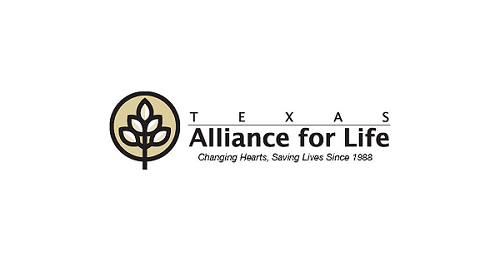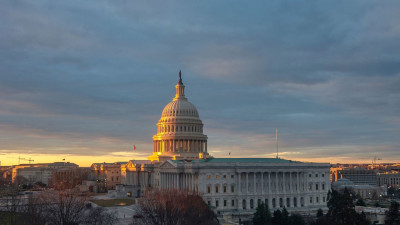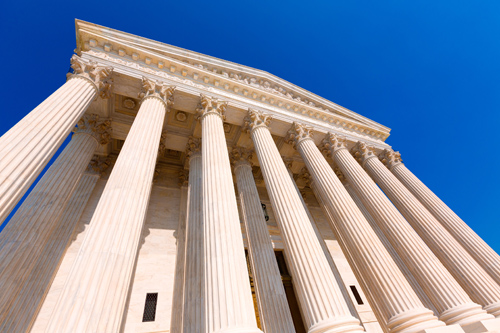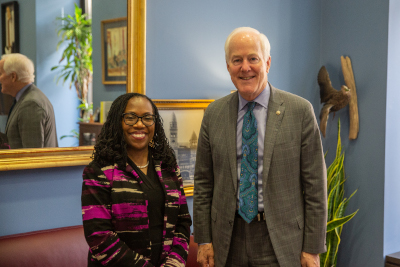Texas Heartbeat Act Suffers Setbacks in Supreme Court and State District Court But Remains in Effect
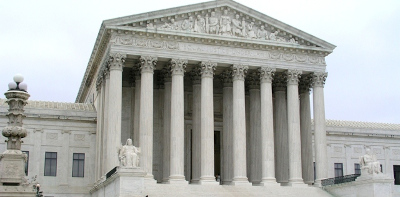 On Friday, the Supreme Court ruled by an 8-1 vote in Whole Woman’s Health v. Jackson that a challenge to the Texas Heartbeat Act brought by abortion providers may continue against state agencies that enforce medical laws. However, the Court did not block enforcement of the law while those proceedings resume.
On Friday, the Supreme Court ruled by an 8-1 vote in Whole Woman’s Health v. Jackson that a challenge to the Texas Heartbeat Act brought by abortion providers may continue against state agencies that enforce medical laws. However, the Court did not block enforcement of the law while those proceedings resume.
The Court dismissed another challenge to the Texas Heartbeat Act brought by the Biden/Harris Administration, United States v. Texas. That case goes back to the Fifth Circuit Court of Appeals to determine whether the Administration has standing to bring the challenge in federal court.
In an entirely separate case, last night State District Judge David Peeples declared in Allison Van Stean v. Texas Right to Life that certain parts of the Texas Heartbeat Act — allowing citizens to enforce the law through private lawsuits — violates the Texas Constitution. However, the judge did not block enforcement of the law. It is expected that this decision will be appealed to the Texas Supreme Court.
It is noteworthy that neither the United States Supreme Court nor the state district court considered the constitutionality of a pre-viability abortion ban, only the procedural questions related to the citizen enforcement of SB 8.
SB 8 represents an attempt by the Legislature to protect unborn babies from abortion even before Roe is overturned. For now, that law remains in effect. Regardless of whether the courts allow that law to continue, we hope the Supreme Court will reverse the terrible Roe v. Wade precedent so states can completely protect unborn babies from the tragedy of abortion. That could happen by next June when the Court rules on the Dobbs case, whose oral arguments they heard last week. If so, the Human Life Protection Act, HB 1280, also passed by the Legislature, will begin protecting unborn babies from abortion beginning at conception.



